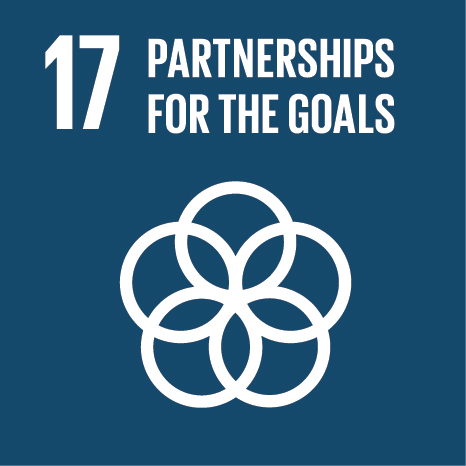Ciência_Iscte
Publications
Publication Detailed Description
Elaborating a master model of leadership: A paper on the fundamental leadership qualifications in the workplace
2nd International OFEL Conference on Governance, Management and Entrepreneurship, Abstracts of the proceedings
Year (definitive publication)
2014
Language
English
Country
Croatia
More Information
Web of Science®
This publication is not indexed in Web of Science®
Scopus
This publication is not indexed in Scopus
Google Scholar
This publication is not indexed in Overton
Abstract
Leadership is an enthralling theme to many investigators and professionals from all sectors of
activity. It has been considered a key topic in labour relations, as many consider that the
applied style of leadership may be a trigger factor for labour conflicts. Further, the theme has
also generated much discussion around personal and/or professional incompatibilities
between the leader and his/her followers, the co-existence of formal and informal leaderships,
as well as, the integration of different styles of leading along the hierarchy chain within an
organization.
One may find an extensive range of contributions and theories on the theme from many
investigators, authors and professionals. Each of them presents their own view on how one
should perceive leadership. Many views coincide with each other, while others look at the
topic from different angles and suggest alternatives ways of conceiving leadership.
For the purposes of this paper, one may clearly identify two main trends of thinking regarding
leadership: one that traditionally perceives leadership as depending on the personal and
innate characteristics of the individual, and a second one that conceives leadership as largely
depending on the social learning from the individual – also known as the process of
leadership approach.
Without neglecting the mentioned traditional approach to leadership, this paper represents an
attempt to explore new ways of looking at leadership and, more specifically, deepen the
discussion around the pertinence of the process of leadership approach, where one may
clearly identify some crucial elements and factors that play a decisive role in the quality of
the leadership applied by a leader. The discussion on this in contrast to the analysis made to
one case study – Wipro BPO enterprise – will, ultimately, lead to one result: the proposal of a
new model of leadership.
Acknowledgements
--
Keywords
Approach,Attributes,Characteristics,Development,Emotional,Individual,Innate,Intelligence,Leadership,Learning,Master,Model,Personal,Process,Quintessential,Self-monitoring,Social,Styles,Team
Fields of Science and Technology Classification
- Economics and Business - Social Sciences
- Other Social Sciences - Social Sciences
- Other Humanities - Humanities
Contributions to the Sustainable Development Goals of the United Nations
With the objective to increase the research activity directed towards the achievement of the United Nations 2030 Sustainable Development Goals, the possibility of associating scientific publications with the Sustainable Development Goals is now available in Ciência_Iscte. These are the Sustainable Development Goals identified by the author(s) for this publication. For more detailed information on the Sustainable Development Goals, click here.

 Português
Português




